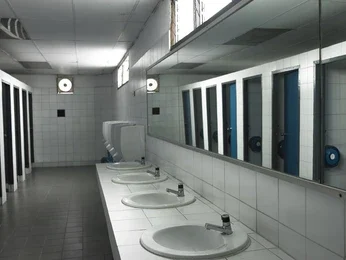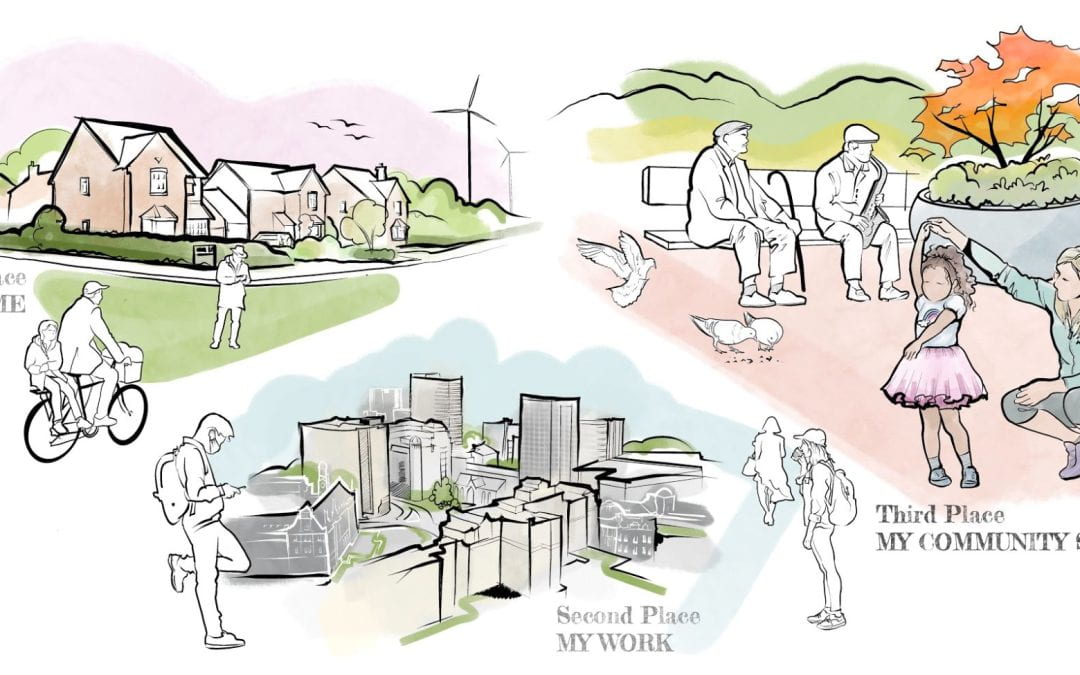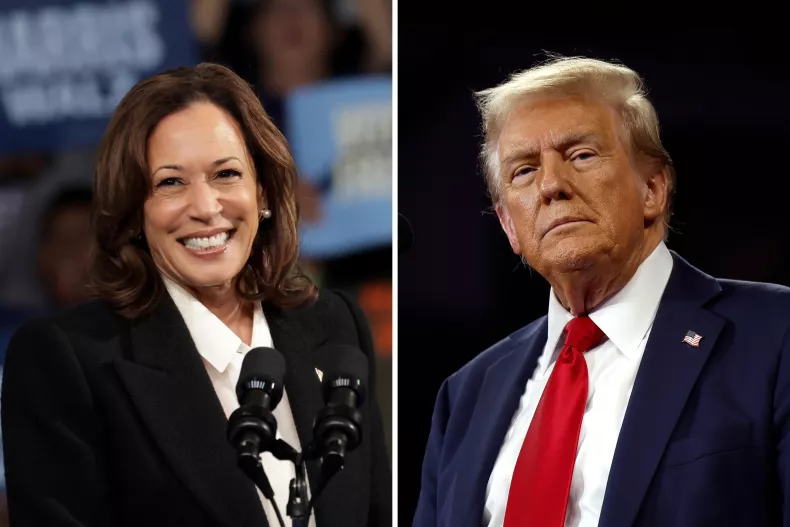The life of a student athlete is a busy one— balancing sports, family time, social life, and most importantly, school. (It’s student-athlete, not athlete-student!) Playing either a Varsity or JV sport while being a high school student involves an extreme amount of skill, commitment, and time. And yet they still must take Physical Education. PE classes are essential to provide cardio for students who are otherwise inactive, but that advantage is unnecessary and inapplicable to students who are high-performing athletes playing sports six days a week. Student athletes shouldn’t have to participate in PE classes.
During the season, you will possibly see student athletes’ grades declining. Sure, some might increase, but the students with bad time management will struggle. Without a PE class, that leaves a period open where the athletes could catch up on work, study for tests, and get a head start on homework. I spend close to 20 hours a week at practice, games, or transporting to and from those places. At Hastings High School, my PE class takes up 80 minutes that I could use to complete work that I would then not have to do after practice or a game, meaning I would also be able to go to bed earlier. And as we know, sleep is one of the most important things to a high school student, especially an athlete who needs the extra recovery time. I suggest that exemptions take place in the semester where someone is playing a school sport. For example, I play field hockey and lacrosse, which are fall and spring sports so I would be exempt from PE only in first and fourth quarters, during the time when I am participating in those sports. That way, I still get to reap the values of PE, and get in exercise during the offseason, but I could have a study hall during the season where I can get my work done ahead of time due to my busy schedule. The presence of PE classes could also prevent someone from playing a sport altogether. If someone’s after school time or weekends are taken up by a job or other responsibilities at home, any free time would have to be devoted towards homework. If someone has to do schoolwork and hold a job, they will have no time for sports. A study hall for athletes in place of a PE class would make it equitable and provide more people with an opportunity to play a sport because it will give people overloaded with work and school a chance to get some of their schoolwork done during the week.
PE classes are redundant and even destructive for students participating in sports. For a high school athlete, injuries can be devastating and season ending. And in a situation where you only get four seasons per sport, missing most, all, or even just half of a season is huge. Student-athletes are the people who are more likely to try harder in PE activities, and so they are therefore more likely to sustain an injury that will keep them from competing in their sport. Additionally, other kids participating in PE classes with the student-athletes are people who don’t usually participate in sports. So, they are more likely to not take PE seriously and play more carelessly because they don’t understand how their actions could lead to injuries. For some varsity athletes, sports are a way to get into and even pay for colleges. An injury due to PE ruining or detracting from a kid’s college opportunities is very unfair and upsetting. PE classes also take up ⅓ of your school days for the ENTIRE YEAR that could be used for other purposes. Without PE, schools could either offer a range of 2-day per cycle quarter-long electives. 3-sport athletes, who wouldn’t be participating in any PE classes via my plan, have two more letter days open for science labs, allowing them to perchance take two more science classes. These science classes could be APs, which allow the student-athletes to get more college credits (which is great for recruiting!). Without a PE class in their schedule taking up time, student-athletes would have opportunities to take more classes, which would look very impressive to college recruiters.
However, PE enthusiasts do have some strong arguments. For example, some say that PE provides exposure to different skills, games, and sports that one will not be able to experience or learn from simply playing a Varsity or JV sport. I can’t argue that PE isn’t important— if not for PE, it’s possible that I would never have found my love for field hockey. However, the entire purpose of PE is to get kids moving, and in season, student-athletes are moving all the time. So, they see none of the benefits during the season while still being exposed to the potential drawbacks. To combat this, my plan for only in-season exemp- tions balances the importance of PE with the indisputable benefits of student-athletes not participating.
PE can decrease student athletes’ performance both in the classroom and on the field. It can cause overexertion, as well as tiredness caused by late nights studying. It also can cause a drop in grades in-season, because the student athletes are missing out on a good chunk of time that could be used for studying and homework. Therefore, it is clear that, while athletes are in season, the benefits are completely negated, leaving only the drawbacks.



















